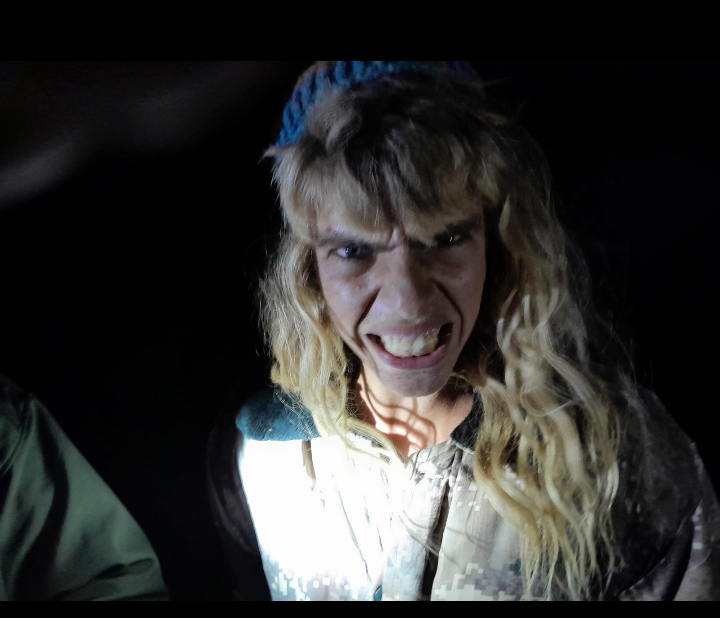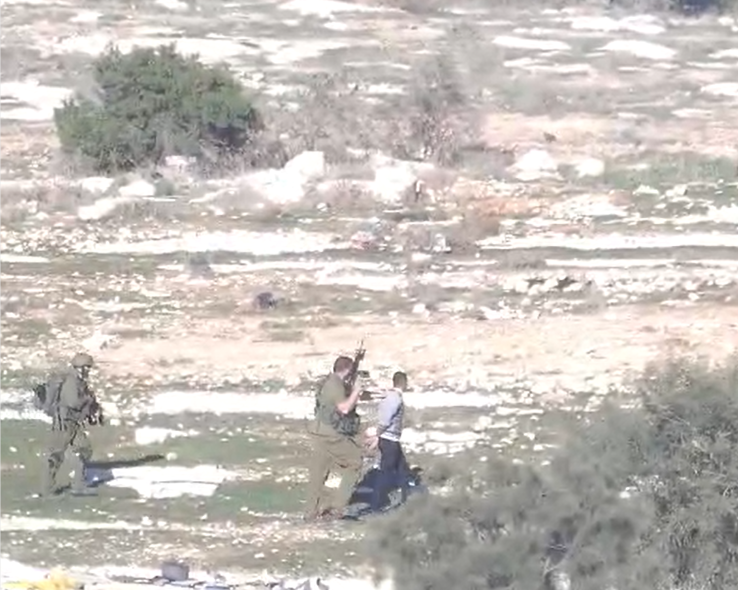-
Palestinian Families in Mleihat Endure Night of Terror Following Settler Home Invasions
During the home invasions, the settlers committed violent assaults of Palestinian residents, traumatized children, insulted the women of the home and stole sheep from two Mleihat residents.
-
Abduction and death threats in Tuwani
Since October 7, Mus’ab Rawai and his family have endured intensifying harassment and intimidation by illegal settlers from the nearby outpost of Havat Maon. Built on stolen village land, it has some of the most violent and “ideological” settlers in the area. The family home, which is located on the edge of at-Tuwani in […]
-
Zanuta: The Return
On November, 29th 2023, International Day of Solidarity with Palestine, Palestinian villagers forcefully displaced from their lands through threats of murder by Israeli settlers, returned to their village, Zanuta.
Action Alert An Nabi Saleh Apartheid Wall Arrests BDS Bethlehem Bil'in Cast Lead Demonstration Denial of Entry Ethnic Cleansing Farmers Gaza Global Actions Hebron House Demolition International law Israeli Army Jerusalem Live Ammunition Nablus Ni'lin Prisoner Ramallah Rubber-coated steel bullets Settlement Settlers Settler violence Tear-Gas Canister Video



